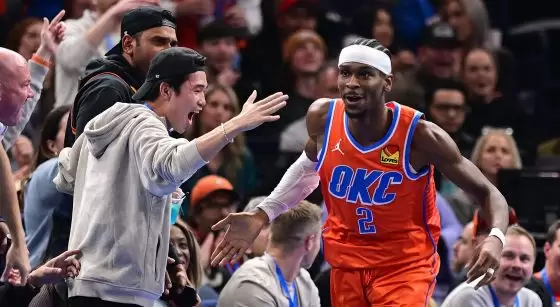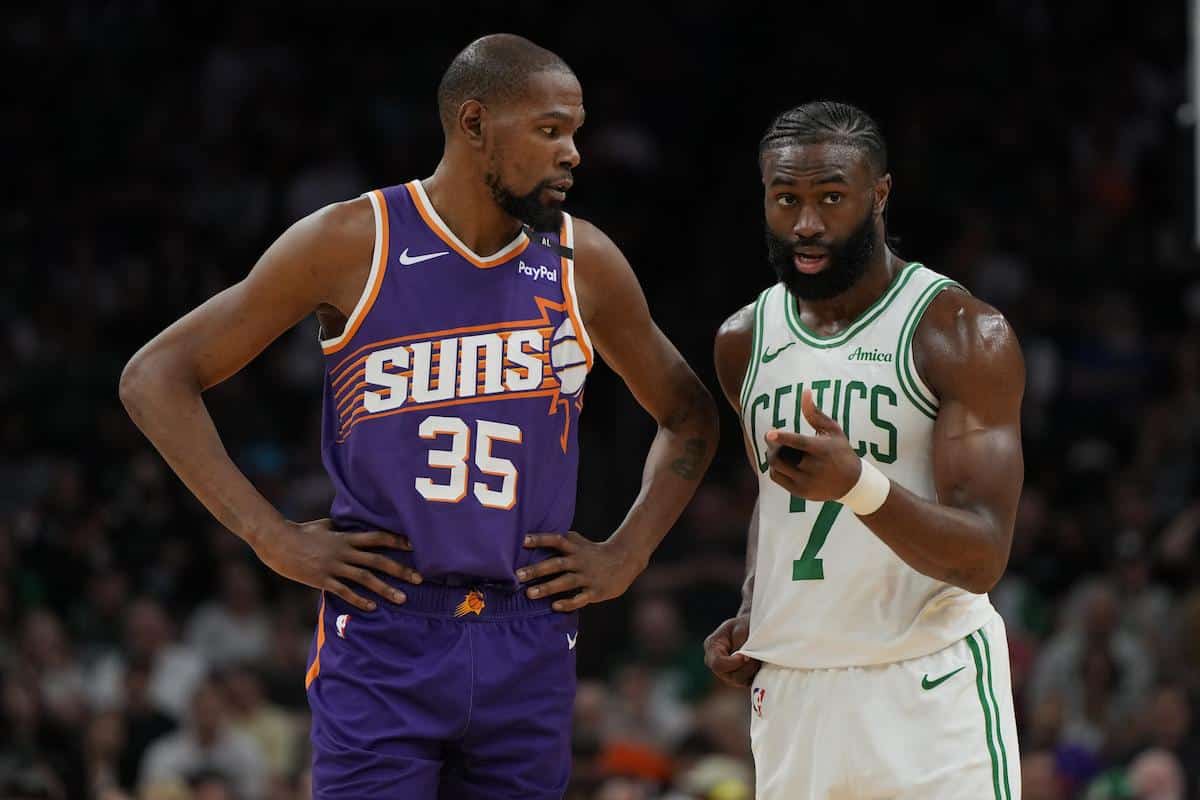There is a story of questionable validity that is embedded into the culture of Morgantown, West Virginia. It goes like this:
When Virginia was first given statehood, long before West Virginia existed independently, the settlers living in Morgantown were tasked with naming their county. To acknowledge the importance and cultural significance of the Monongahela River which runs right through downtown Morgantown and is one of the “three rivers” of Pittsburgh fame, those settlers wished to name their county after it.
Unfortunately, these future West Virginians didn’t quite transcribe the name of the river correctly on the documents declaring the official name of the county. They had misspelled Monongahela. The result is that Morgantown, which lies along the Monongahela River and is in Monongalia County.
It’s a microcosm of much of West Virginia: an earnest effort, a mistake, and an attempt to live with the results. It is often a footnote in history. Take Jerry West, basketball royalty. He’s best known for his Lakers career and longtime success in management for several teams. He’s also far and away the best basketball player from West Virginia and West Virginia University. It’s a fact that’s of little consequence to basketball fans, but one of great import to West Virginians.
Photo by Mitchell Layton/Getty Images
There’s an undeniable negative perception of West Virginia and the people who live here. Having moved here from Massachusetts in 2012, I’ve experienced it firsthand — that dismissive facial twitch when you tell someone where you live, the ubiquitous stereotypes (moonshine is actually delicious), the ignorance of even its existence.
“Oh, I’ve been to Richmond.” Great, that’s an entirely different state. It’s not just looked down upon. It’s forgotten, which might be worse.
It is with this backdrop that Joe Mazzulla cut his teeth as a basketball player and coach. Joe was well loved on the court during his time at WVU, evidencing the pragmatic and hard-working attitude West Virginians pride themselves on, borne from a population descended from coal miners.
He played for two of the greatest coaches in program history, John Beilein and Bob Huggins. If West was the king of West Virginia basketball, Huggins was the prince, at least until recently. To say Huggs had a fall from grace would be putting it lightly, and he deserves all the criticism he’s received, but Bob’s fingerprints are all over Joe Mazzulla, the Boston Celtics head coach.
The alternative ways Joe motivates his team, gets them to appreciate the journey, and what it means to be a professional basketball player is consummate Huggins. One of the more famous Huggins stories involves him bringing the team into a coal mine:
“I wanted them to understand when they run out there and we’ve got 14,000 people in there cheering for them, I wanted them to understand what those people do to be able to pay money to come watch them play,” Huggins said.
“I thought it was important for them to appreciate what the people up there cheering for them go through on a daily basis.”
It’s an unorthodox way to provide his players with a different perspective, to think critically about themselves and the game of basketball, a mantra Mazzulla embodies nearly every time he opens his mouth.
More than Huggs, though, it’s his coaching tenure where West Virginia left its biggest mark on Joe. He reflected on this in his interview with JJ Reddick prior to the season, where the low stakes and little attention of DII hoops let him experiment, get creative. Or, as Joe poetically put it, “at the DII level, you can do anything you want.”
Joe spent three different stints coaching in West Virginia, first at mighty Glenville State University, then at Fairmont State University as an assistant, before finally getting his first head coaching opportunity also at Fairmont (after a brief interruption with the Maine Red Claws).
In that same interview, Joe actually credits West Liberty University’s coach, Jim Crutchfield, with giving him a different perspective on basketball. WLU won games on the margins, pressing, shooting 3s and layups, and crashing the offensive glass. It was groundbreaking basketball theory being played out in a state not known for innovation.
West Virginia often has very little to celebrate. It is a state wrought with hardships against the backdrop of beautiful mountain views. But these hardships, current and historical, give the state a culture unlike any other. There is a fierce loyalty here. They will protect their own and celebrate the success of other Mountaineers like it’s their own, making the best out of the mistakes of the past.
WVU’s, and by proxy the state’s, unofficial slogan is “Once a Mountaineer, always a Mountaineer.” It’s an embodiment of this mindset and the outside world’s preconceived notions hardening an unmatched togetherness and sense of community. Joe is very much a part of that community. It’s fitting that just days after the death of one West Virginia basketball legend, another was born. Joe Mazzulla has earned basketball immortality, and I think I can speak for the entire state when I say thanks for bringing a little bit of us along with you.





